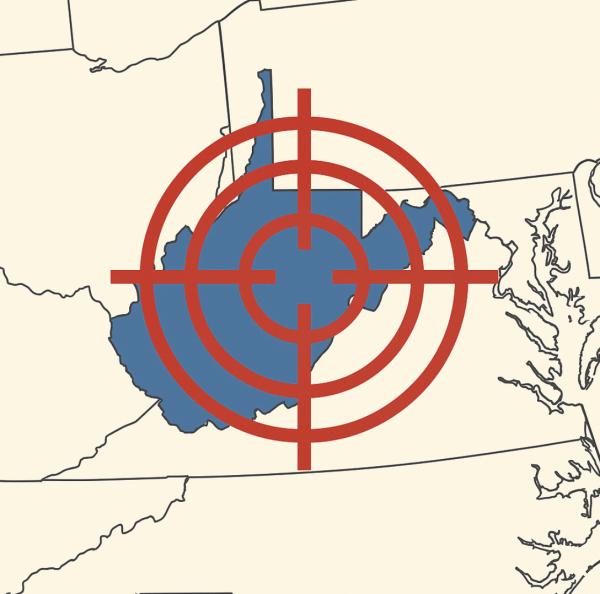
Purdue Pharma recently reached a $7.4 billion settlement with all 50 states and the District of Columbia over its alleged role in fueling the opioid crisis through aggressive marketing of OxyContin. Regardless of the case's merits, this landmark deal highlights what can happen when an expedient narrative replaces data-driven public policy.
Nowhere is the gap between narrative and data more clear than in West Virginia, the hardest-hit state in the country. While a wave of books and Netflix docudramas has promoted an oversimplified and often misleading storyline, new data from the West Virginia Department of Health cast a glaring spotlight on the human cost of "prescription opioid prohibition"—a policy that has failed in every tangible way.
#Reprinted with permission of Reason Magazine. The entire editorial, co-authored by Dr. Jeffrey Singer and me, can be read here.



